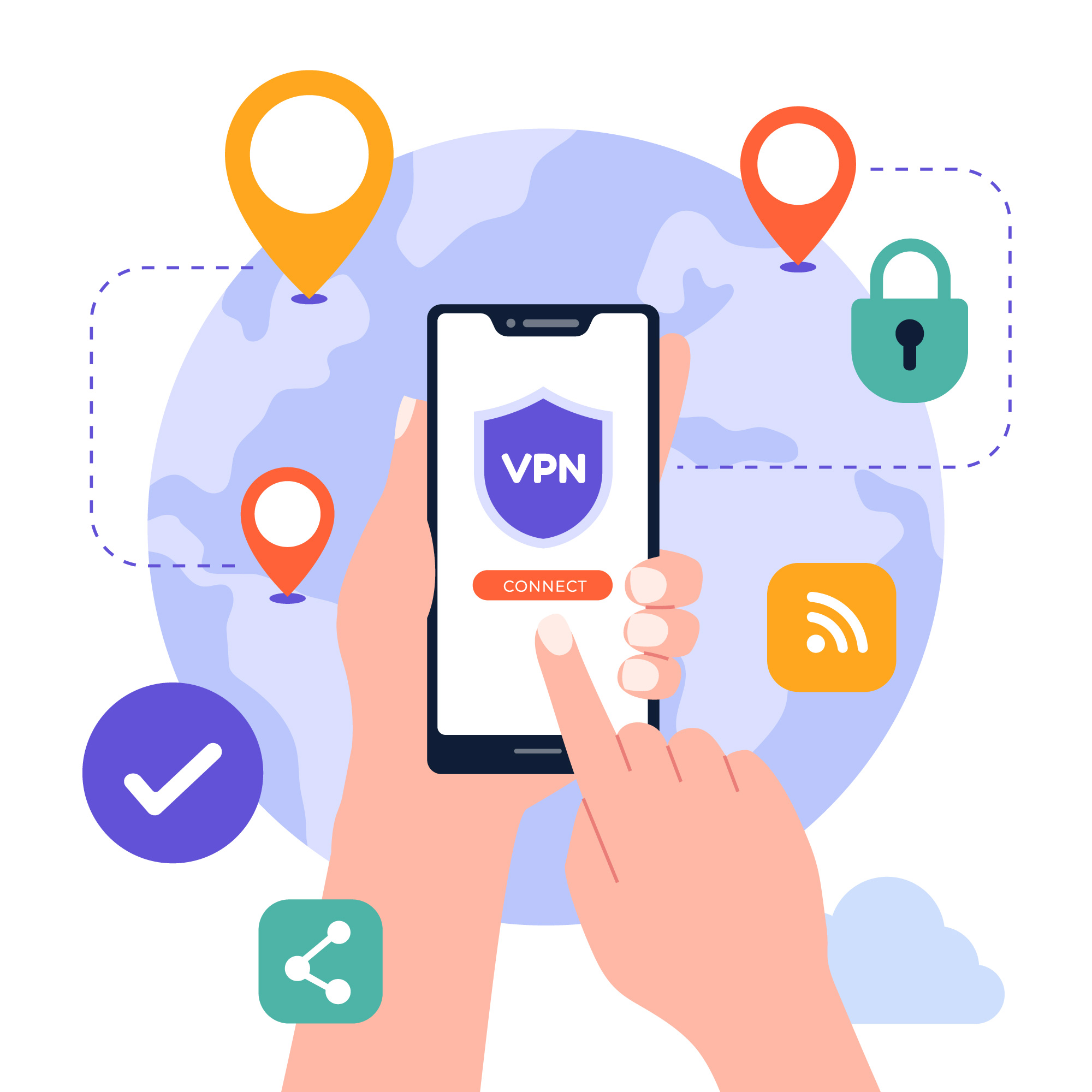Table of Contents
What is VPN?
A virtual private network, commonly known as VPN, is a type of service that allows for a secure and anonymous connection between two networks, primarily to the Internet.
There are both paid and free versions of this service, with limitations when it comes to range and, at some times, efficiency and effectiveness.
While VPNs may sound techy, it is actually quite easy to use and take advantage of. Also, there are many benefits that can be found in using this type of connection.
This article aims to provide you with information about VPNs and clear up any mysteries or concerns about it.
How it Works?
A VPN works by creating a spoof source for your computer. This in effect hides your computer details from being exposed and makes tracebacks more difficult for hackers to connect to your machine.
This is done by having the VPN server serve as the source of the connection. The VPN serves as the middleman between your computer and the network that you would like to initiate a connection with.
Some VPNs also encrypt your outgoing data, making it unintelligible for those who want to use it for malicious means.
Virtual private networks can also allow you to “trick” networks into detecting different IP addresses. This can help disguise your location and identity as it will inform the network that the connection is coming not only from a different machine, but even from a different geographical location.
Benefits of VPN
Virtual private networks provide three major benefits, namely anonymity, security, and being able to bypass restrictions based on your IP.
There are instances where hiding your identity is integral. While this is mainly used by people who want to access sites or perform actions that they do not want to be traced back to them.
In addition, instances of identity theft can be traced back to accessing sites that are infected with phishing software. A lot of information can be gathered from your computer, and having a hidden IP address is one of the best ways to circumvent that problem.
As for security, encryption further adds that layer of safety so that you can browse more freely. VPNs also help in securing your data via encryption when transferring sensitive information across networks. This can also help prevent online trackers find out your activities online.
The most common use of VPNs, especially for regular users, is to be able to access sites that are regionally restricted. This holds especially true for streaming services and many other websites such as social media platforms or even those that offer adult content.
For example, some movies may not be accessible on Netflix if you are living in the United States, but are readily available in places such as Australia or the UK. By selecting a VPN hosted in these locations, you can connect to the Netflix version of that country and watch the movies available there.
Another prime example of this is Facebook, as the site is restricted in countries such as China. Using a VPN and connecting to a US server can bypass these restrictions and can allow you to access Facebook safely and securely.
How to Use VPN?
Using a VPN is very easy, although different service providers will offer additional bells and whistles to enhance the experience or add further security when browsing.
Before accessing the Internet, users will need to choose which server they would like to connect to. Different servers may come from different locations and can provide you with different browsing speeds, symbolized by the ping value that is usually provided.
Once the server has been selected, continue with the connection and all communication will now be going through the VPN server.
How Secure is VPN?
While there are premium VPN services that have high levels of encryption and security protocols, even the most expensive services cannot cover you on all levels.
This is because hackers are continuously trying to find loopholes that they could exploit. Just like antivirus software where definitions must be updated, VPN service providers must always try to be one step ahead to close any vulnerabilities that can leave your data exposed.
A VPN will also not be able to protect you from viruses or scams that you would inadvertently but purposely click or participate in. As such, you should still practice safe browsing to protect your important data and avoid being taken advantage of.
Conclusion
A virtual private network is something that should be added into your computer’s tool bag along with anti-virus and anti-malware software. This holds especially true if your computer contains sensitive data and if you would like your browsing experience and network connectivity to be more safe and secure.
There are many kinds of VPN services available online, but all function in pretty much the same way and have similar purposes. Whether it be free or requiring a subscription fee, it would definitely not hurt to utilize some form of VPN if you want the benefits that these services provide.
Of course, it is important to use VPNs that are not only effective, but trusted. Look for VPN services that have good reviews and have a proven track record. Also know that VPNs are not a cure-all when it comes to security. Safe browsing and avoiding obvious scams are still all essential.
